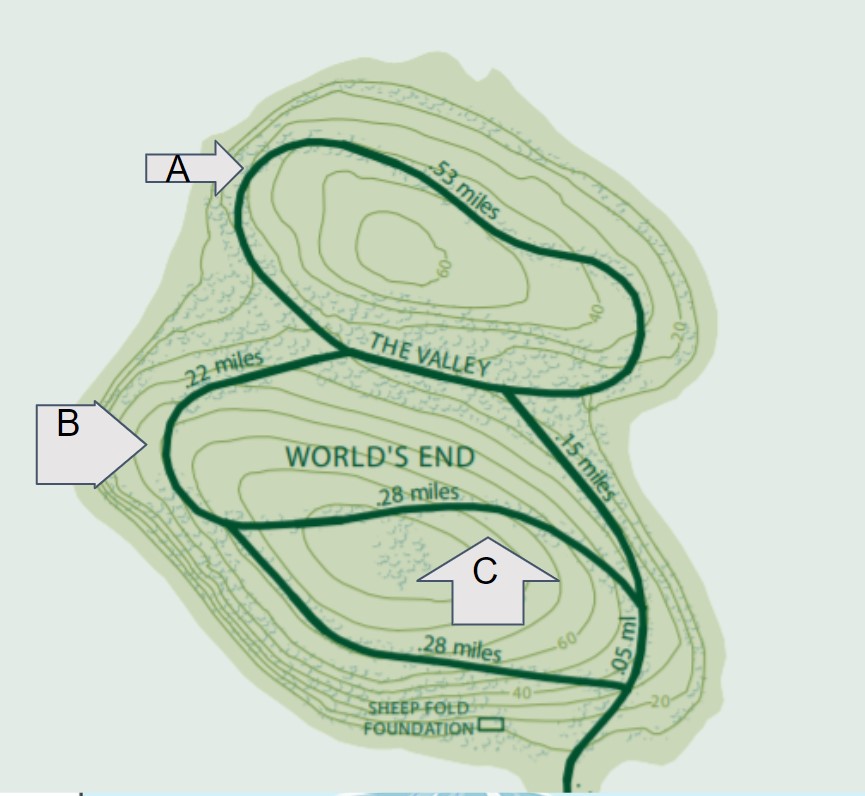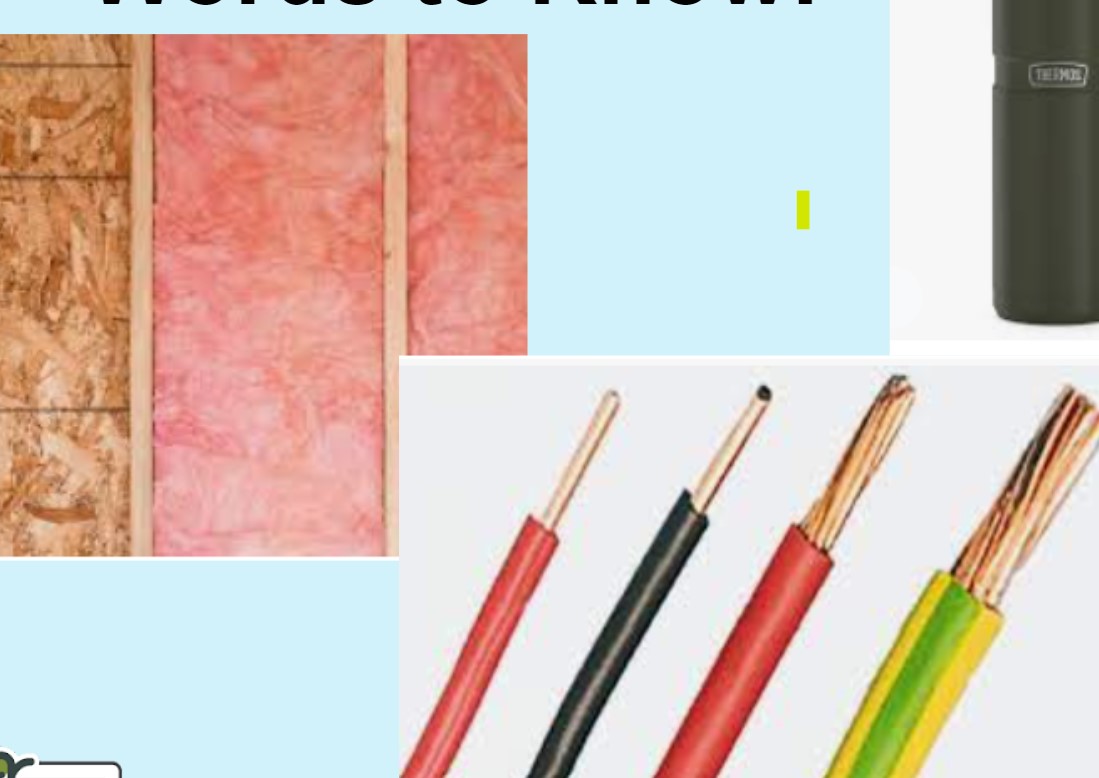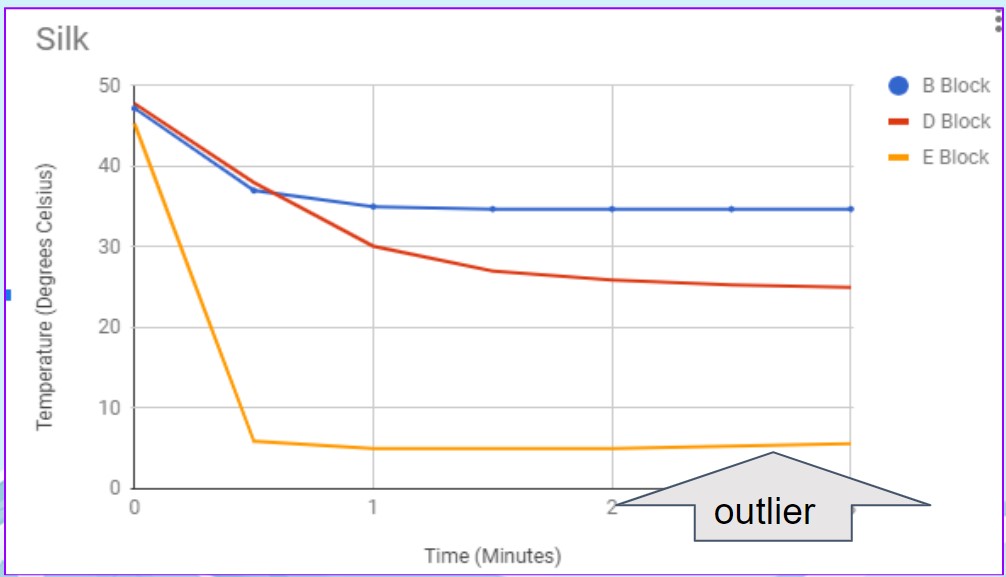Everest Quiz #2: Define and Research Steps
4.3(24)
4.3(24)
Card Sorting
1/20
Earn XP
Description and Tags
Study Analytics
Name | Mastery | Learn | Test | Matching | Spaced | Call with Kai |
|---|
No study sessions yet.
21 Terms
1
New cards
graph
Greek root that means "to write or to record"
2
New cards
biography
n. an account of someone's life, written by another person
3
New cards
autobiographical
adj. dealing with the writer's own life experiences ("written about the life of the self")
4
New cards
scrip/scrib
Latin root that means "to write" [scriptum]
5
New cards

topographic map
a map that shows physical features of land, including elevation with the use of contour lines; "topo" = place
6
New cards
bio
Greek root that means "life"
7
New cards
auto-
Greek PREFIX that means "self"
8
New cards
Sir Edmund Hillary and Tenzing Norgay
first documented climbers to summit Everest on May 29, 1953
9
New cards
George Mallory and Andrew "Sandy" Irvine
set out to break their own record and reach the summit of Everest on June 4, 1924, but they died on the mountain. Mallory is known for his answer to the question, why do you want to climb Everest, his answer: “Because it’s there.”
10
New cards
design criteria
Features a product must have or standards it must meet ("Must haves")
11
New cards
design constraints
Limitations put on your design team
12
New cards

insulator
material that prevents the transfer of energy (heat)
13
New cards
Define Step
The first step of the EDP, when we determine what a successful product looks like, defined by criteria and constraints.
14
New cards
Research Step
The second step of the EDP, when we investigate information that will help us develop design ideas.
15
New cards

outlier
A value that "lies outside" (is much smaller or larger than) most of the other values in a set of data.
16
New cards
Three characteristics of fabrics to consider
Cost, Warmth, Weight
17
New cards
iterate
to go back and repeat a step for improvement
18
New cards
inscription
words inscribed, as on a monument or in a book.
19
New cards
Direct Quote (DQ)
words taken directly from a text. They should be put in quotation marks and followed by the complete identification of the source (page number, title, author)
20
New cards
FRED
Fact, reason, example, detail
21
New cards
-al
suffix that creates an adjective, as in “biographical”